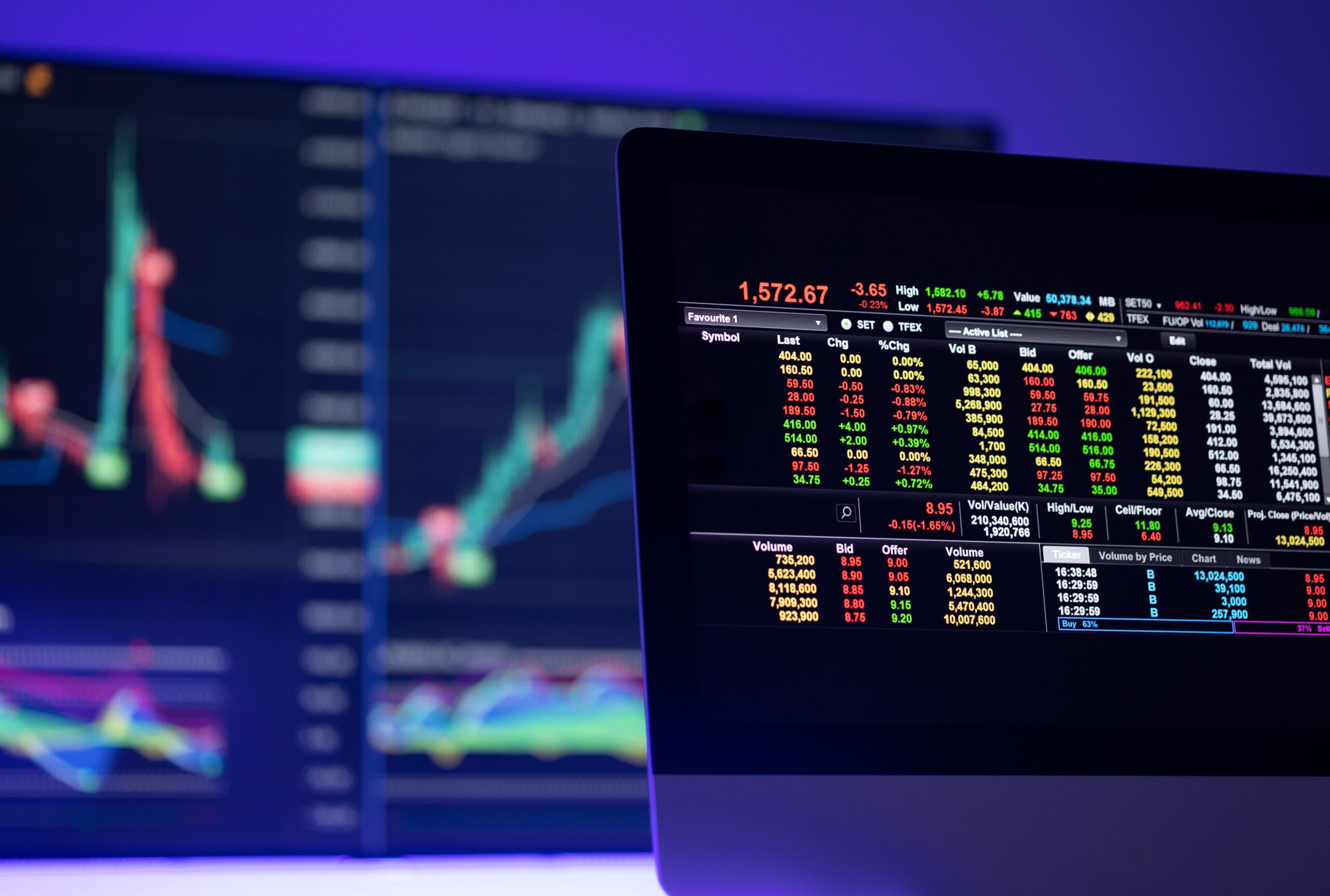Prime day might have been a few weeks ago, but it looks like the stock market just went on sale as well.
Some of the first signs of the global market sell-off could be found in Japan, where the Nikkei 225 fell more than -12%, its worst one-day drop since the crash after Black Monday in 1987. Tokyo is 13 hours ahead of NY Markets, so from the time that many in the U.S. had just finished watching their Olympics for the evening, to the time the U.S. market opened, the losses started to permeate across Europe and the U.S., as investors sold risk assets for safe havens.
Concerns about a slowing U.S. economy are front and center after job growth slowed in July. Investors are worried that the Federal Reserve has moved too slowly and will need to play catch up in cutting rates. We find this a bit ironic, because the markets have been anticipating rate cuts, and they are finally getting what they want, so why are markets getting crushed?
It isn’t completely unexpected given the historical patterns around calendar effects on equity markets, especially after the fact that there was such a large rally in U.S. and global stocks. Sometimes the markets just need a break and can get right back in the game a few plays later. In fact, markets have corrected roughly once every 1.84 years since the 1950s. The last major correction in the S&P 500 happened in late 2022, which is just about right. After the last 19 months plus of growth, valuations, sentiment, and investor positioning had become stretched. It seems like a natural correction, but that doesn’t mean we are out of the woods just yet.
There are several technical indicators that show the market is not oversold, but it is not overbought either. It is a distorted interest rate cycle with a multi-year inversion, a U.S. presidential election looming, and a time of prolonged upward equity returns. There could be a larger slide before any kind of recovery. Market corrections are a normal part of the investment cycle and are healthy for resetting valuations. We believe this period of elevated volatility will eventually subside and remain confident in the trajectory of global equity markets.
We haven’t even hit correction territory just yet, and it never feels good, but it is a natural part of market participation.
From the Investments Desk at Journey Strategic Wealth
This material is distributed for informational purposes only. Investment Advisory services offered through Journey Strategic Wealth, an investment adviser registered with the U.S. Securities and Exchange Commission (“SEC”). The views expressed are for informational purposes only and do not take into account any individual’s personal, financial, or tax considerations. Opinions expressed are subject to change without notice and are not intended as investment advice. Past performance is no guarantee of future results. Please see Journey Strategic Wealth’s Form ADV Part 2A and Form CRS for additional information.

